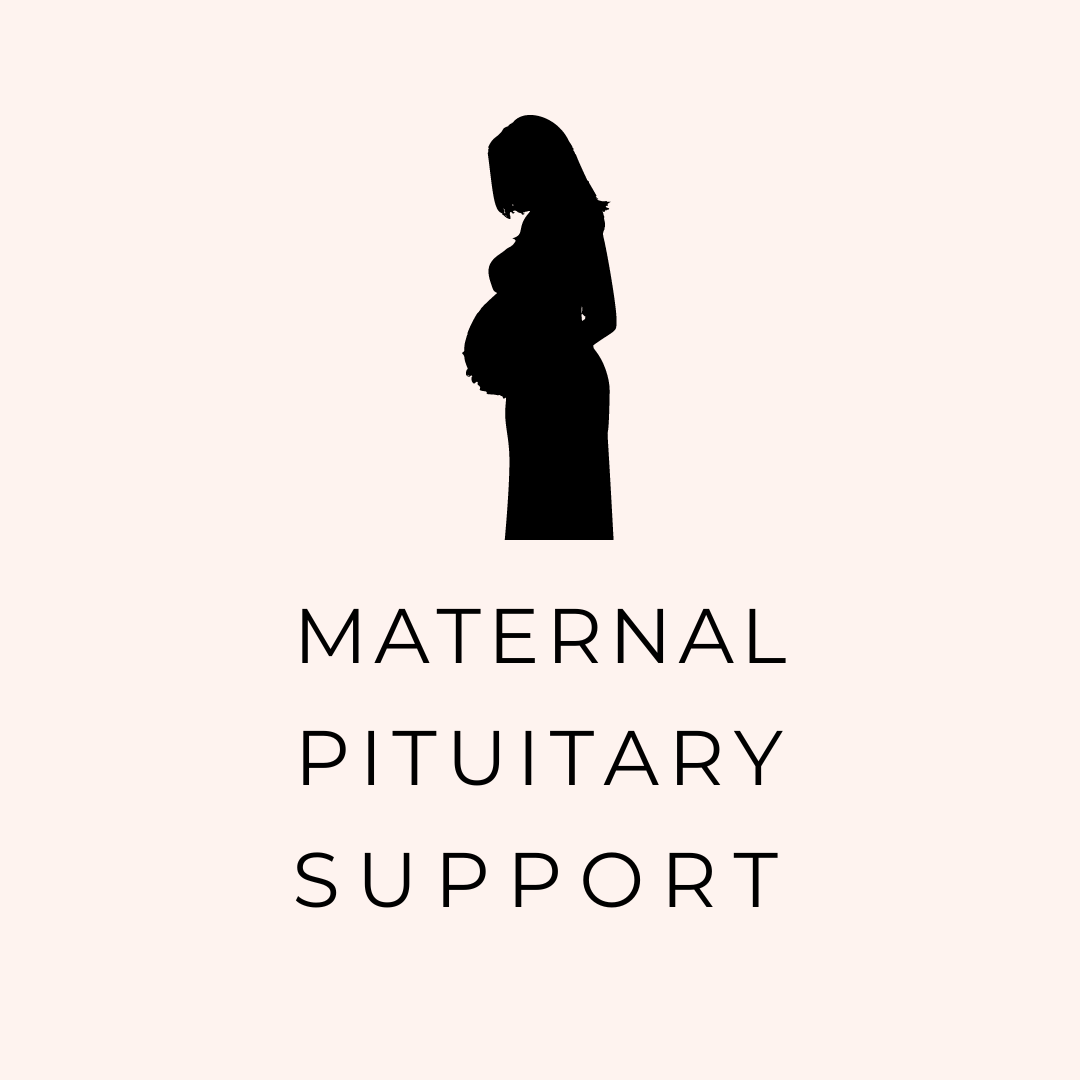Your Voice: Welcome to the gender health gap revolution
Sarah Graham is an award-winning freelance health journalist, author of Rebel Bodies: A guide to the gender health gap revolution, and founder of the Hysterical Women blog. She specialises in health, gender and feminism and has written extensively on these subjects for the I newspaper, Refinery29, the Telegraph, Grazia, Guardian, the BMJ and many others. She was a finalist in the 2021 Medical Journalists’ Association Awards.
Your Voice: Welcome to the gender health gap revolution
As a freelance health journalist specialising in women’s health, I regularly hear from women who’ve felt ignored, dismissed or not taken seriously by the healthcare professionals they expected to make them better. It was my frustration with these stories that prompted me to start my blog, Hysterical Women, a collection of women’s experiences of gender bias, sexism and downright misogyny in healthcare.
Hysterical Women was, in turn, the inspiration for my book, Rebel Bodies: A guide to the gender health gap revolution, which was published in hardback in January 2023 (and now available to pre-order in paperback, out in January 2024). Rebel Bodies puts these stories into context, exploring the research gaps, the sexist attitudes, and the logistical and resourcing challenges, all of which are deeply embedded in our health system, and which lead to women and gender minorities experiencing worse care and worse health outcomes than men.
The book is also, though, a celebration of the role of patient advocacy and activism, the grassroots campaigners who have raised awareness, challenged policy, and put women’s health firmly on the agenda. My hope is to inspire, as well as offering practical guidance on how to use your voice – not only to advocate for yourself in your own appointments, but to be part of this broader movement for change.
To mark Maternal Pituitary Awareness Day, I’m thrilled that Claire has invited me to share an extract from the book, as well as just a few of my top tips for finding and using your voice.
The following extract is taken from Rebel Bodies chapter 2, ‘Some girls just have bad periods’, on menstrual and hormonal health, but is just as applicable to the challenges women face across many other areas of healthcare:
Women regularly ask me for advice on how to be better advocates for themselves and I’m always happy to share the tips I’ve picked up over the years. I’ve also included them in the toolkit sections at the end of each chapter. But not everyone has the privilege of being able to advocate for themselves at all and, for those who do, there’s still no guarantee that speaking up and challenging your doctor’s opinion will get you anywhere, because the balance of power is simply not in our favour.
Even the doctors who are well-informed and eager to help remain limited in what they can do. Dr Hannah Short is a GP specialising in premenstrual disorders and the menopause – a practice that’s been shaped by her own patient experiences with PMDD, endometriosis, and surgical menopause following a hysterectomy and removal of both ovaries. While she says it’s wonderful to see increased awareness of these conditions, the demoralising reality for her as a doctor is that the system simply does not allow her to provide the level of care she’d like.
‘There’s post after post on social media about how doctors need to be better trained in menopause, PMDD etc. and, yes, there’s an issue here. However, there are now so many of us who have undertaken training in our own time, at our own expense, who desperately want to help, but we are constantly prevented from doing so as a result of commissioning decisions,’ she says.
‘I think sometimes there are unrealistic expectations about what you’re actually able to do as a GP. Sometimes it’s because the GP doesn’t have the requisite knowledge, because we’re trained as generalists and can’t be specialists in everything, but often it’s just because of limitations on your practice, like only having a 10-minute appointment or not being able to prescribe specific medications locally,’ Hannah explains.
‘Besides all those logistical issues, which are completely out of our control, there aren’t always specialist services available for us to refer on to. These services just aren’t prioritised,’ she adds. ‘GP education and access to services will not and cannot improve until female hormonal health is taken seriously by the system as whole.’
Data published in 2022 showed that waiting lists for gynaecology increased by 60% during the pandemic – more than any other medical specialty – with more than half a million patients waiting to be seen. [The then] President of the Royal College of Obstetricians and Gynaecologists (RCOG), Dr Edward Morris, told the Guardian this was down to doctors routinely dismissing women’s health problems as ‘benign’ – leading to them being ‘normalised’ and deprioritised within the NHS.
So, while I would absolutely love to empower every single person reading this book to feel more confident and better equipped to self-advocate in medical appointments, I also need you to know that fixing the centuries-old gender health gap is not your responsibility. Regardless of what government ministers may think, any bad care you receive is never your fault. It’s not because you didn’t try hard enough, didn’t get enough second opinions or didn’t make enough complaints; it’s because the system has failed you. Too many patients are forced, by necessity, to become experts in their own conditions – and advocates for their own care – because their doctors lack the relevant knowledge or resources to diagnose or treat them appropriately.
When it comes to navigating the healthcare system for yourself and others, here are a few of my top tips:
Plan ahead to get the most from your appointment and make sure you don’t forget anything you’re keen to mention.
Tracking symptoms in a diary or app can be really useful to give your GP an at-a-glance overview of what’s going on, when, and for how long, as well as the impact on your everyday life.
GPs are trained using the ICE model, which considers patients’ ideas, concerns and expectations, so it can be useful to explain yourself in these terms: What do you think is going on? What are you most worried about? What do you hope to get out of this appointment?
If you’ve had several experiences of feeling that you’re not being taken seriously, try taking someone with you – either to act as an advocate, or simply to witness how you are treated.
Remember that you are the expert in your own body, and that expertise is complementary to your doctor’s textbook expertise and medical training. Trust your gut.
Remember too that you are entitled to ask for a second opinion, or to make a complaint if you feel like you’re not getting anywhere.
Never underestimate the power of speaking out and sharing your story – you never know who else it might help.
Use code REBEL20 at https://www.bloomsbury.com/uk/rebel-bodies-9781399401111/ for 20% off the hardback (UK only), or you can pre-order the paperback now ahead of publication on 18 January. Also available wherever you usually buy your books!

